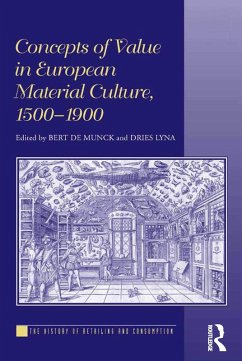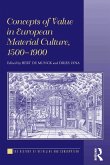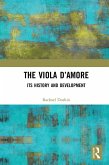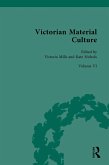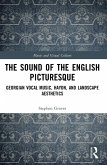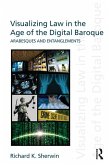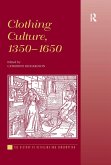The dominance of economic repertories of value is a relatively new phenomenon, and one which directly correlates to the steady advent of capitalism in early modern Europe. This volume brings together scholars with expertise in a variety of related fields, including economic history, the history of consumption and material culture, art history, and the history of collecting, to explore changing concepts of value from the early modern period to the nineteenth century and present a new view on the advent of modern economic practices. Jointly, they fundamentally challenge traditional historical narratives about the rise of our contemporary market economy and consumer society.
Dieser Download kann aus rechtlichen Gründen nur mit Rechnungsadresse in A, B, BG, CY, CZ, D, DK, EW, E, FIN, F, GR, HR, H, IRL, I, LT, L, LR, M, NL, PL, P, R, S, SLO, SK ausgeliefert werden.

